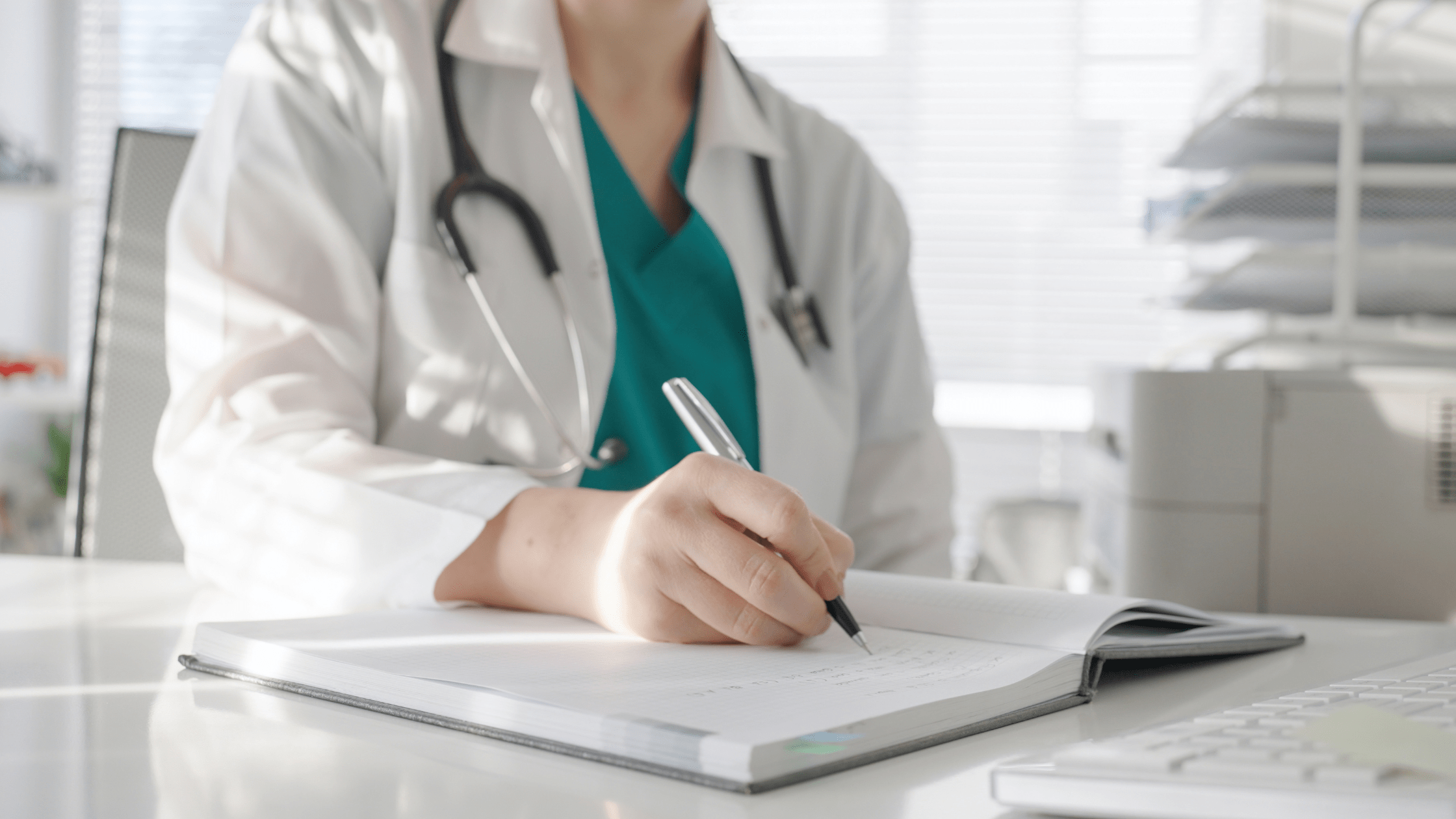The IVF journey and what to expect

IVF is often referred to as a journey. It’s not just a single procedure, but a process, involving multiple hospital visits, a variety of medication, physical and emotional challenges and a lot of waiting.
It’s therefore important to be mentally and physically prepared before you begin your IVF cycle, as feeling informed about what you can expect is a great way to start.
Is IVF the right treatment for me?
Your GP may have referred you to a fertility specialist, if you have been trying unsuccessfully to conceive or there are reasons why conceiving naturally is not an option for you.
You may have tried IUI already, without success, or you may have damaged or blocked fallopian tubes, making IVF your best option.
Your specialist will conduct a variety of tests and assessments of you (and your partner if heterosexual) which may include blood tests, an ultrasound to assess your ovaries and a semen analysis. They will also ask about your family history and any known genetic problems or fertility issues.

What can I do before I start my IVF cycle?
Counselling may be recommended before you start. You should also consider your lifestyle, as having a healthy diet and a healthy lifestyle in general, can have a positive impact on your fertility and the future health of your child. We have blog posts on our site which provide useful information about fertility diets and guidelines on what to do and what not to do for your best chance of conceiving.
You will also need to make sure that you are available to attend all appointments, often at relatively short notice. As IVF treatment depends very much on how and when your body reacts to the drugs, the timetable is individual to you and flexibility is important.
When will my treatment start?
Your IVF cycle will start on the first day of your period.
How does the IVF process start?
Usually, the process starts with fertility drugs to stimulate your ovaries to release more eggs. The medication will be administered by self-injection at home. Your fertility specialist will show you how to do the injections.
You will be asked to have scans and possibly blood tests during the stimulation stage, to observe how the follicles are responding to the medication.
When your follicles are ready, you will have an injection to mature the eggs, so they will be ready for collection.
What happens during egg collection?
Egg collection takes place 36-40 hours after the trigger injection. You will be given a light sedative to make you sleepy during the egg removal procedure, which will take around half an hour.
Eggs are collected using a fine needle, which is passed through the vaginal wall, with the help of a scanning probe.
Due to the sedation, you will need to rest after the procedure and have someone with you. Your clinic will advise you on any other possible precautions, which include not driving and not operating machinery for 24 hours.
What happens with sperm collection?
If you are using a sperm donor, the sample will have been produced much earlier and frozen, to allow time to assess for any genetic abnormalities or infections.
If you are using your partner’s sperm, a sample will need to be produced at the clinic on the same day as egg collection and a private room will be provided to do this.
After egg collection, you may be advised to take medication, to help to prepare the lining of your uterus ready for potential embryo transfer, if viable embryos are produced.
What happens in the insemination process?
The best sperm are selected and added to the eggs in a special dish. If you are having ICSI, the sperm will be injected into each egg. The dishes are then put into an incubator to enable fertilisation.
What happens next?
In the laboratory, experts will check to see if fertilisation has taken place and how any embryos are developing.
Your fertility clinic will keep you informed on the development of any embryos.
What happens during embryo transfer?
If any of the embryos are viable, five days after egg collection, you will need to go to the clinic for embryo transfer.
A catheter will be used to transfer either one or two embryos into your uterus. Only one or two embryos are transferred, to reduce the risk of multiple births. You may choose to have any other viable embryos stored to use in a later IVF cycle.
When will I know if the IVF has worked?
Your clinic will invite you in for a pregnancy test, at least 7 days after embryo transfer. It is advisable to wait for the clinic to do a test, rather than being tempted to do a test at home, as due to the medication and the timing, you may otherwise get either a false positive, or a false negative.
Pregnancy test results
The clinic will tell you whether or not the treatment has resulted in pregnancy.
If the test is positive, you will be told when to attend the clinic for a scan and given any further advice that you need for your pregnancy.
If you have a negative test, your clinic will be able to support you and talk about what your next steps may be.
Here at the IVF network, we know how challenging the IVF process can be, so we provide information and advice through our dedicated channel, blog posts and website, to help you to make informed choices throughout your fertility journey.